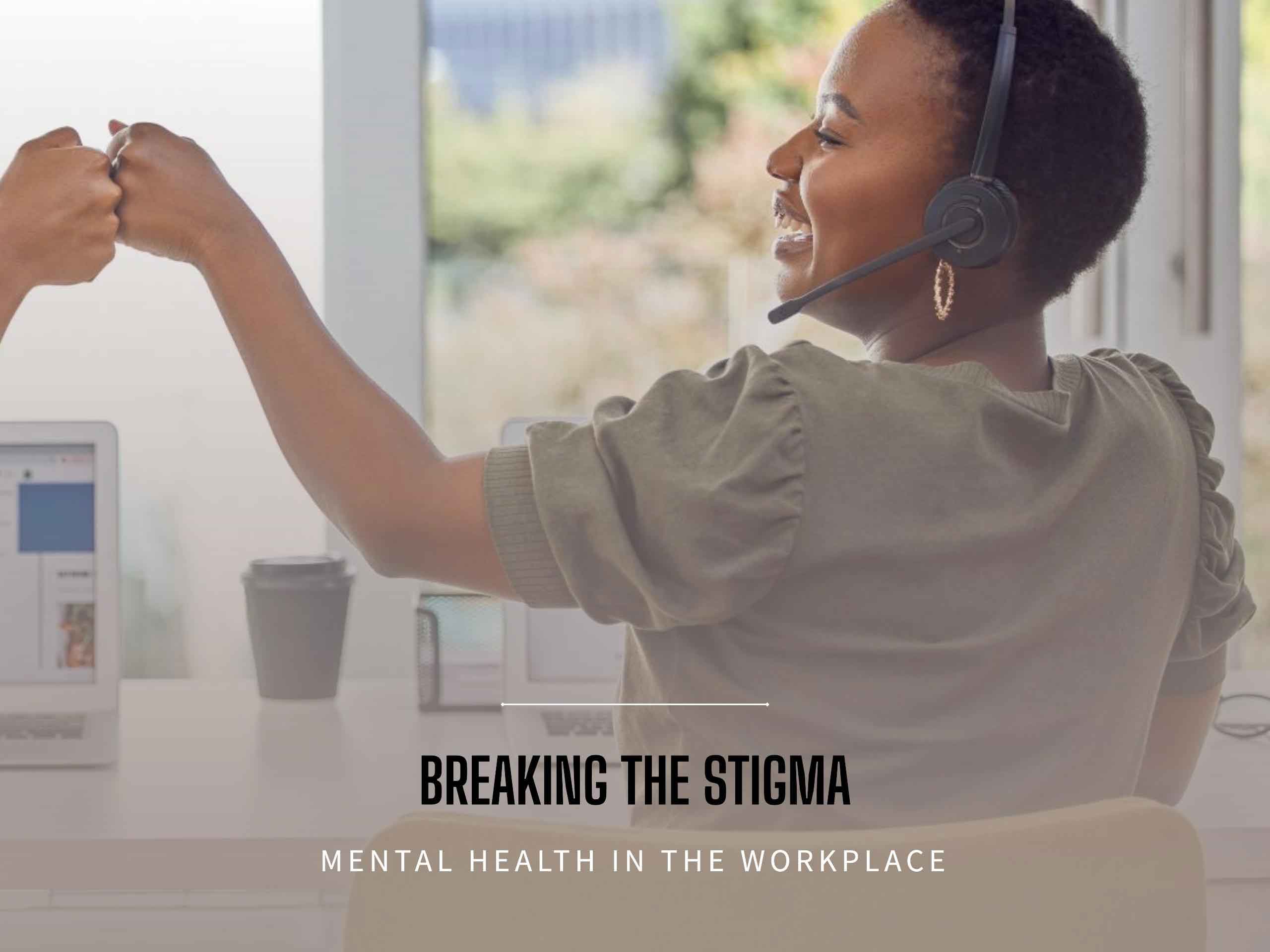Breaking the Stigma: Mental Health in the Workplace

The Hidden Epidemic
Mental health issues have long been a silent epidemic, often shrouded in stigma and misunderstanding. It's a topic that many people struggle to discuss openly, both personally and professionally. However, the workplace is a crucial space to address mental health, as it significantly impacts employee well-being, productivity, and overall company culture.
The Importance of Open Discussion
One of the most effective ways to combat the stigma surrounding mental health is to foster open and honest discussions about the topic. Here's why:

1. Normalization: Open conversations help to normalize mental health issues, making employees feel more comfortable seeking help and support.
2. Increased Awareness: By discussing mental health openly, we can raise awareness about the signs and symptoms of various conditions, enabling early intervention and prevention.
3. Reduced Stigma: Breaking down barriers of silence helps to challenge negative stereotypes and prejudices associated with mental health, creating a more inclusive and supportive environment.
4. Improved Employee Well-being: When employees feel comfortable discussing their mental health concerns, they are more likely to seek the necessary support and resources, leading to improved overall well-being.
5. Enhanced Productivity: Mental health issues can significantly impact employee productivity and job performance. By addressing these issues openly, companies can create a healthier work environment and improve overall business outcomes.
Creating a Supportive Workplace
To foster open discussions about mental health, it's essential for workplaces to create a supportive and inclusive environment. Here are some key strategies:

- Mental Health Training: Provide training to managers and employees on mental health awareness, stigma reduction, and effective communication.
- Employee Assistance Programs (EAPs): Offer confidential EAPs that provide counseling and support services to employees and their families.
- Flexible Work Arrangements: Implement flexible work policies, such as remote work or flexible hours, to accommodate employees who may be struggling with mental health challenges.
- Open Communication: Encourage open communication between employees and management, creating a safe space for individuals to express their concerns and seek support.
- Mental Health Champions: Appoint mental health champions within the organization who can serve as resources and advocates for promoting mental health awareness.
By breaking the stigma surrounding mental health and creating a supportive workplace culture, we can help employees thrive and build a healthier, more productive organization. It's time to prioritize mental health and create a workplace where everyone feels valued, supported, and empowered.
Note: This is for informational purposes only and should not replace professional medical advice. Always consult a healthcare professional before starting any new treatment or session.
Join our community today and take the first step towards a healthier, more balanced you.
Photo: @Freepik, @unsplash, @Microsoft Designer

